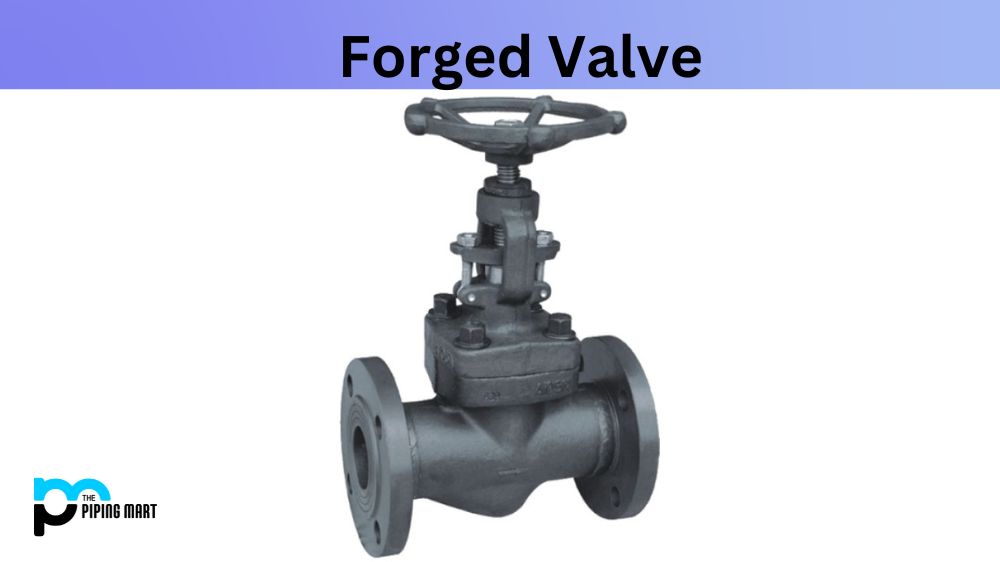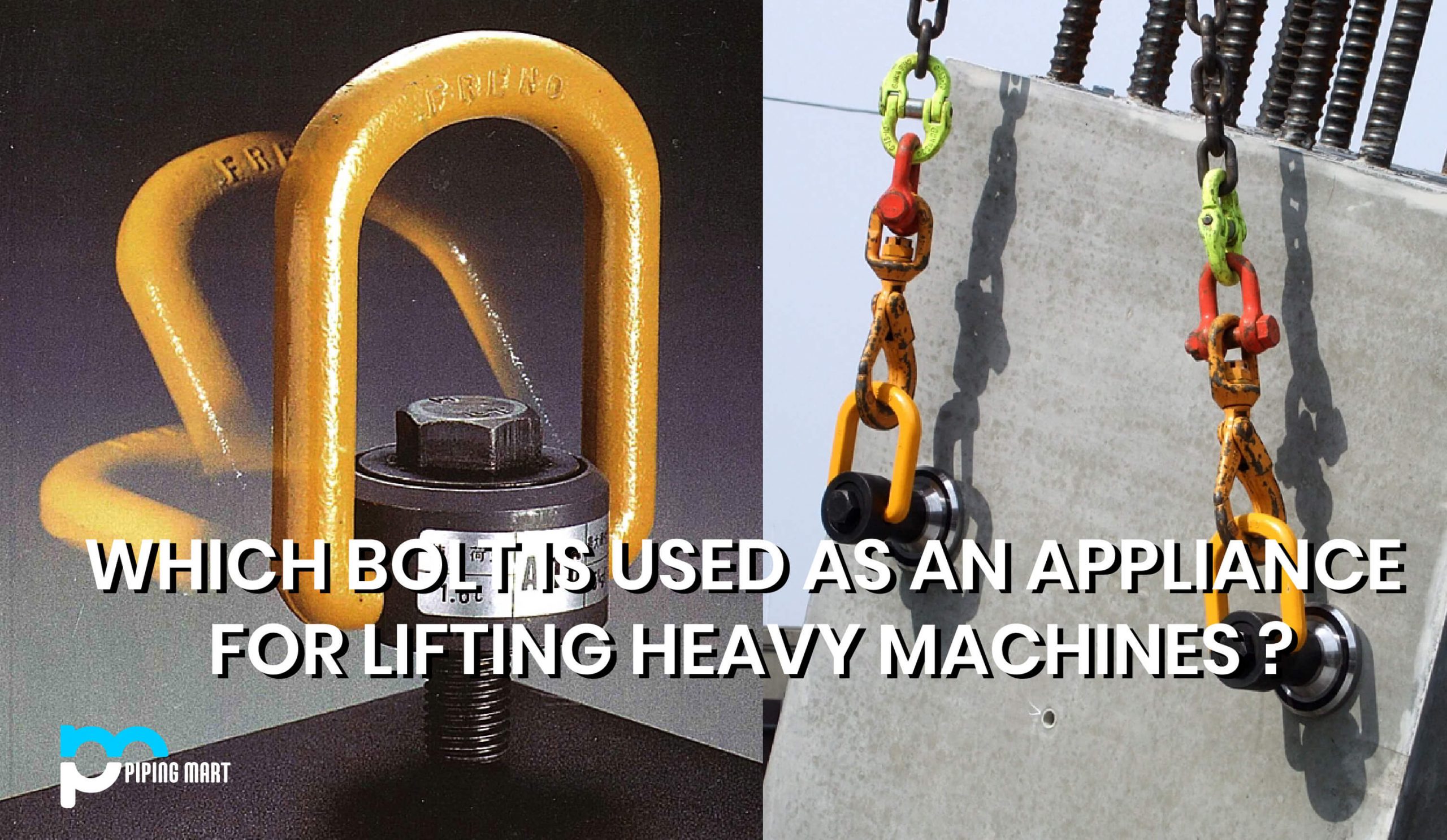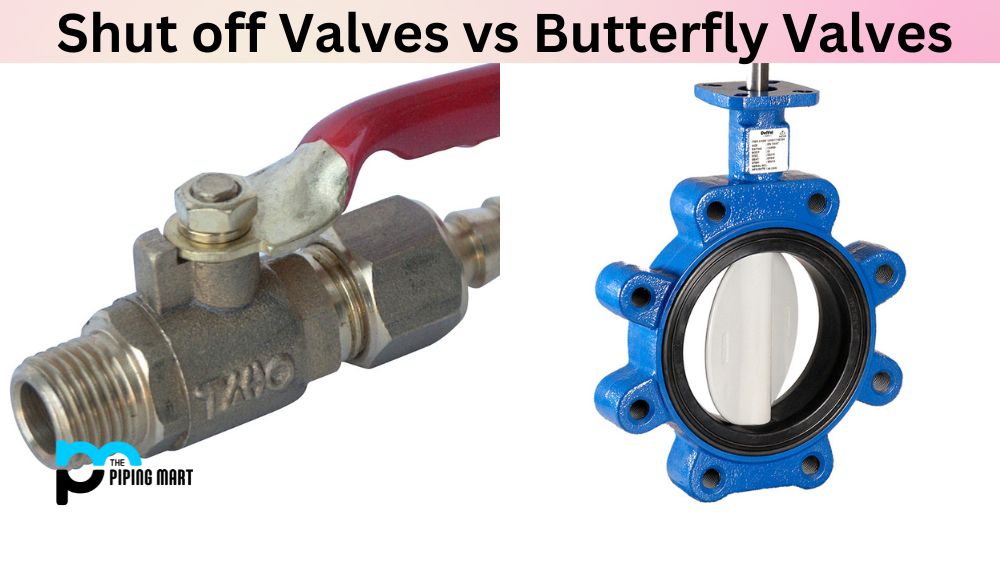The valve choice in an industrial setting is always critical as it determines your operational efficiency. One of the most commonly debated topics is whether to use cast or forged valves. Forged valves are known to be more durable and reliable. They can withstand higher temperatures and pressures than cast valves. However, they are also more expensive. In this blog post, we will discuss the various advantages, as well as disadvantages, of using forged valves in industrial applications.
Advantages of Forged Valves:
Higher Strength and Durability
Forged valves are known for their superior strength and durability. They can withstand higher pressure and temperature conditions, making them suitable for various industrial applications. The forging process makes the valve stronger and resistant to strain, fatigue, and wear and tear. Unlike cast valves, forged valves are solid throughout, which reduces the risk of fractures or other forms of damage.
Better Corrosion Resistance
Forged valves have better corrosion resistance properties than cast valves. They are made from high-quality materials like stainless steel, alloy steel, and nickel alloys, which are all highly corrosion-resistant. This makes them ideal for use in harsh or corrosive environments. With the use of forged valves, you can be sure that the valve can withstand the test of time.
Greater Reliability
Because of the superior strength and durability and better corrosion resistance properties, forged valves are more reliable. They can handle severe fluid and gas applications with ease and without any significant wear or tear. This reduces the need for frequent valve replacements, which, in turn, leads to cost savings.
Disadvantages of Forged Valves:
Higher Cost
One of the main drawbacks of forged valves is their higher cost. The forging process is more expensive than the casting process, making the cost of the valve higher. This can make them less attractive to companies operating on a tight budget.
Longer Lead Times
Forged valves have longer lead times compared to cast valves. This is because the forging process is more complex and requires more time. If you urgently need a valve, forged valves may not be the best option.
Limited Availability
Forged valves are less widely available than cast valves. While cast valves can easily be found in stock, forged valves may have to be manufactured on demand, which can take time and cost more. This can also lead to longer wait times and delays in your operations.
Conclusion:
The choice of valve is a critical decision that can impact your operational efficiency. When deciding whether to use cast or forged valves, one must consider the advantages and disadvantages of each. While forged valves offer superior strength, durability, and corrosion resistance properties, they are more expensive, have longer lead times, and may not be as widely available as cast valves. Ultimately, the decision will rest on your organization’s budget, operational needs, and the type of industry you operate in. It is essential to weigh these pros and cons before deciding which valve to use.




